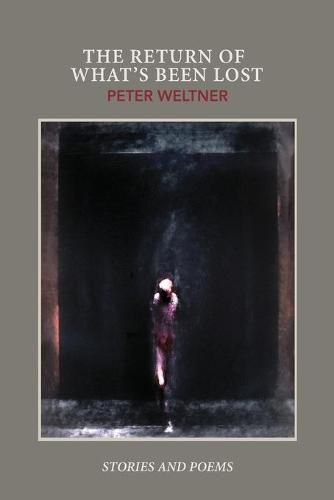Readings Newsletter
Become a Readings Member to make your shopping experience even easier.
Sign in or sign up for free!
You’re not far away from qualifying for FREE standard shipping within Australia
You’ve qualified for FREE standard shipping within Australia
The cart is loading…






This title is printed to order. This book may have been self-published. If so, we cannot guarantee the quality of the content. In the main most books will have gone through the editing process however some may not. We therefore suggest that you be aware of this before ordering this book. If in doubt check either the author or publisher’s details as we are unable to accept any returns unless they are faulty. Please contact us if you have any questions.
The Return of What’s Been Lost’s fourteen stories and fourteen choral poems mediate on loss, personal and cultural, and on how mourning embodies in the self, incarnate and haunting, the hugeness of what is missing. The book begins during the Second World War, moves into the years immediately after it, enters into the era of Vietnam and later the AIDs epidemic, and ends with the wars in Iraq. Not all losses are absolute; joy also returns. In the story, Return of the Fallen, Paul Lassiter thinks, How much the dead must miss us to imprint their lives on ours. David Morris
$9.00 standard shipping within Australia
FREE standard shipping within Australia for orders over $100.00
Express & International shipping calculated at checkout
This title is printed to order. This book may have been self-published. If so, we cannot guarantee the quality of the content. In the main most books will have gone through the editing process however some may not. We therefore suggest that you be aware of this before ordering this book. If in doubt check either the author or publisher’s details as we are unable to accept any returns unless they are faulty. Please contact us if you have any questions.
The Return of What’s Been Lost’s fourteen stories and fourteen choral poems mediate on loss, personal and cultural, and on how mourning embodies in the self, incarnate and haunting, the hugeness of what is missing. The book begins during the Second World War, moves into the years immediately after it, enters into the era of Vietnam and later the AIDs epidemic, and ends with the wars in Iraq. Not all losses are absolute; joy also returns. In the story, Return of the Fallen, Paul Lassiter thinks, How much the dead must miss us to imprint their lives on ours. David Morris